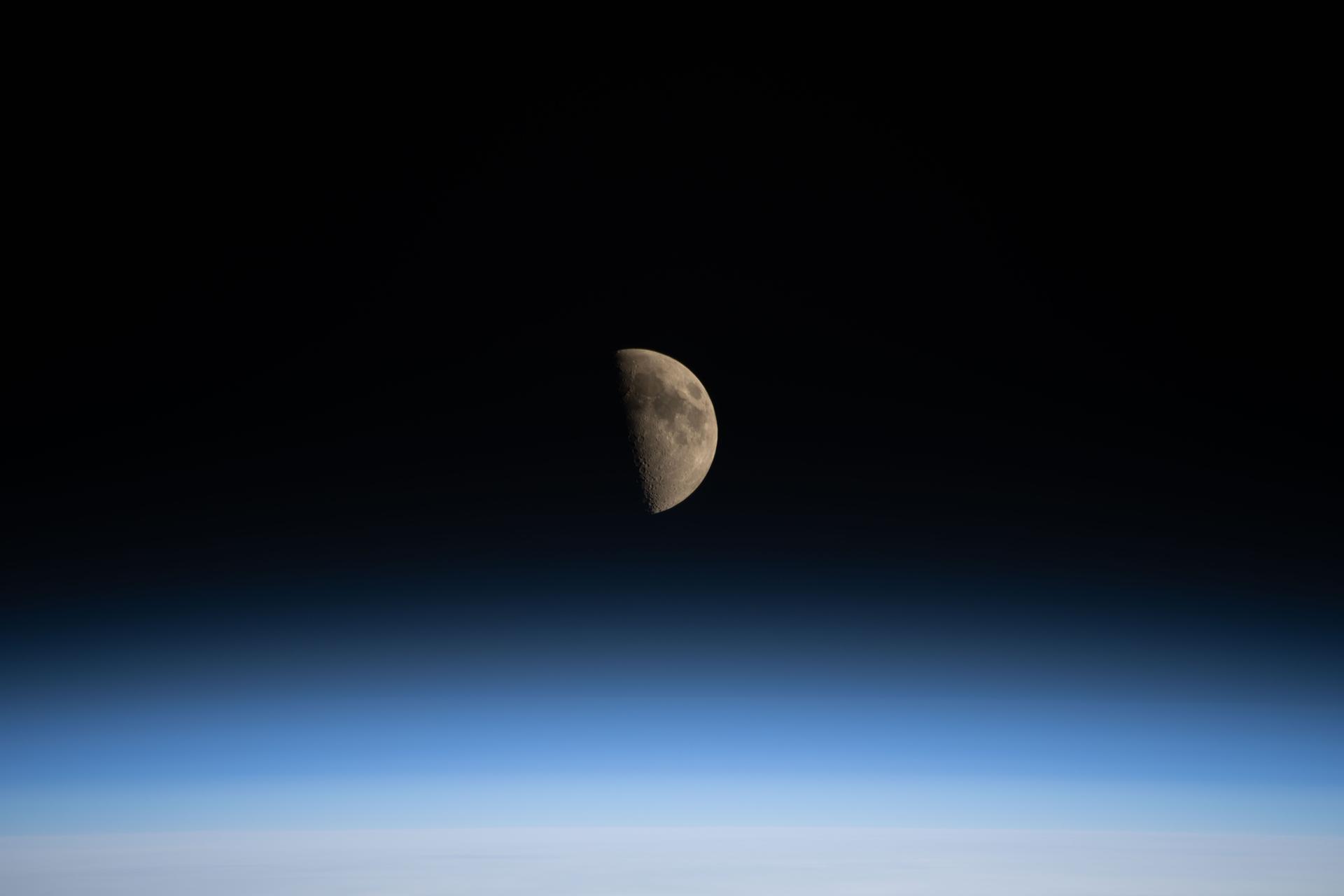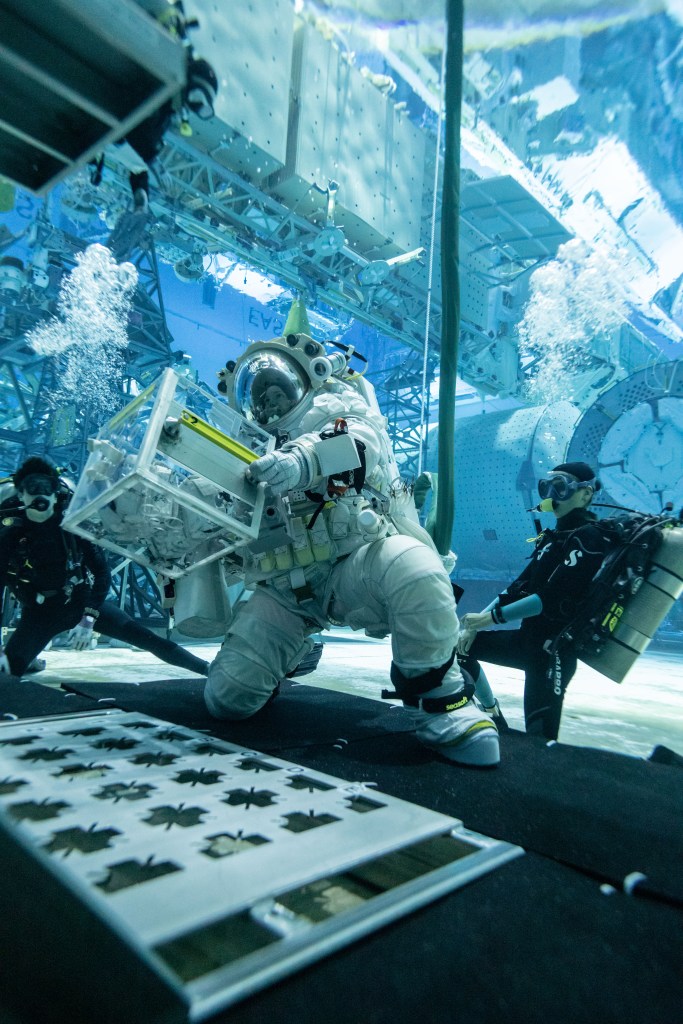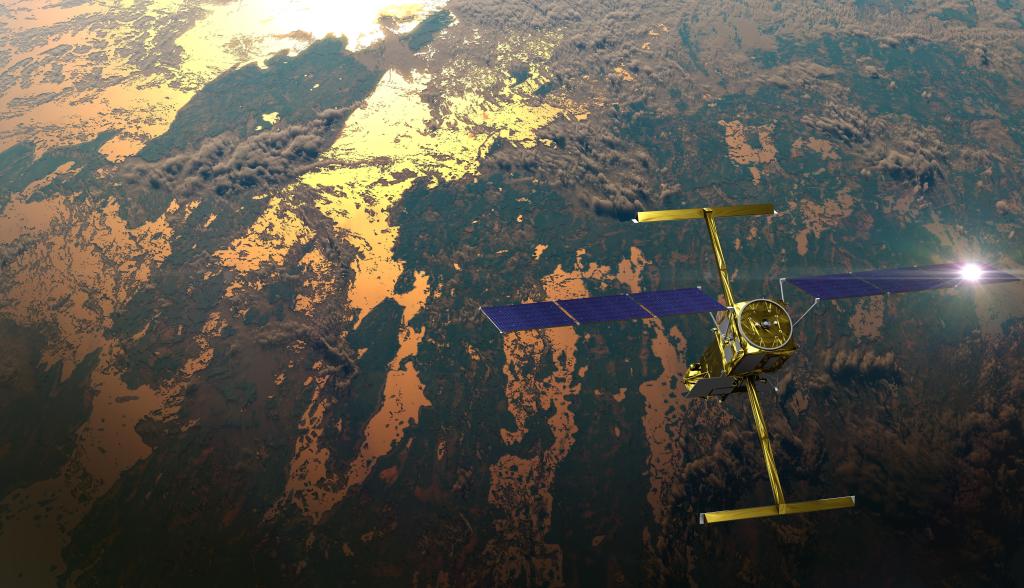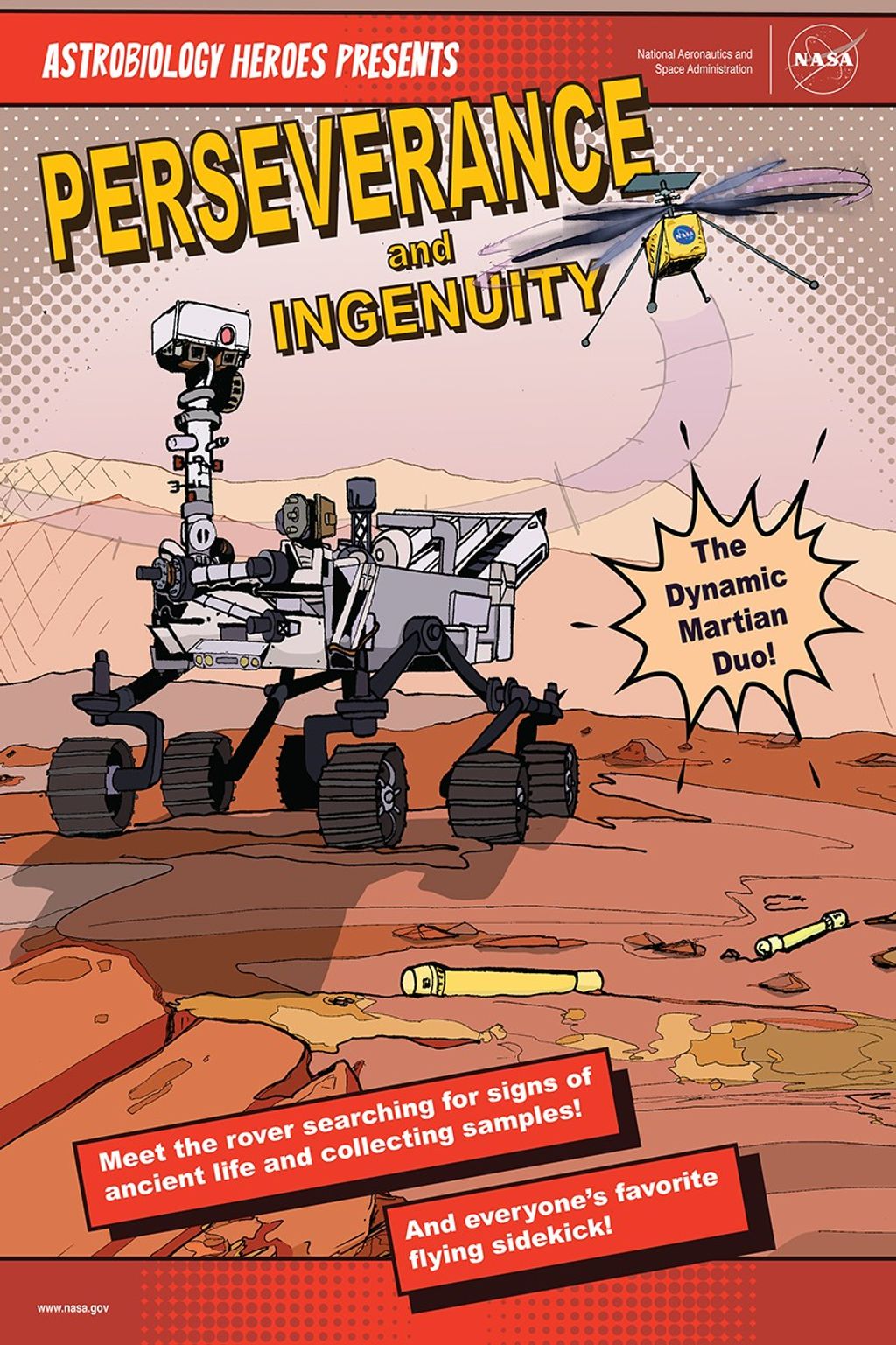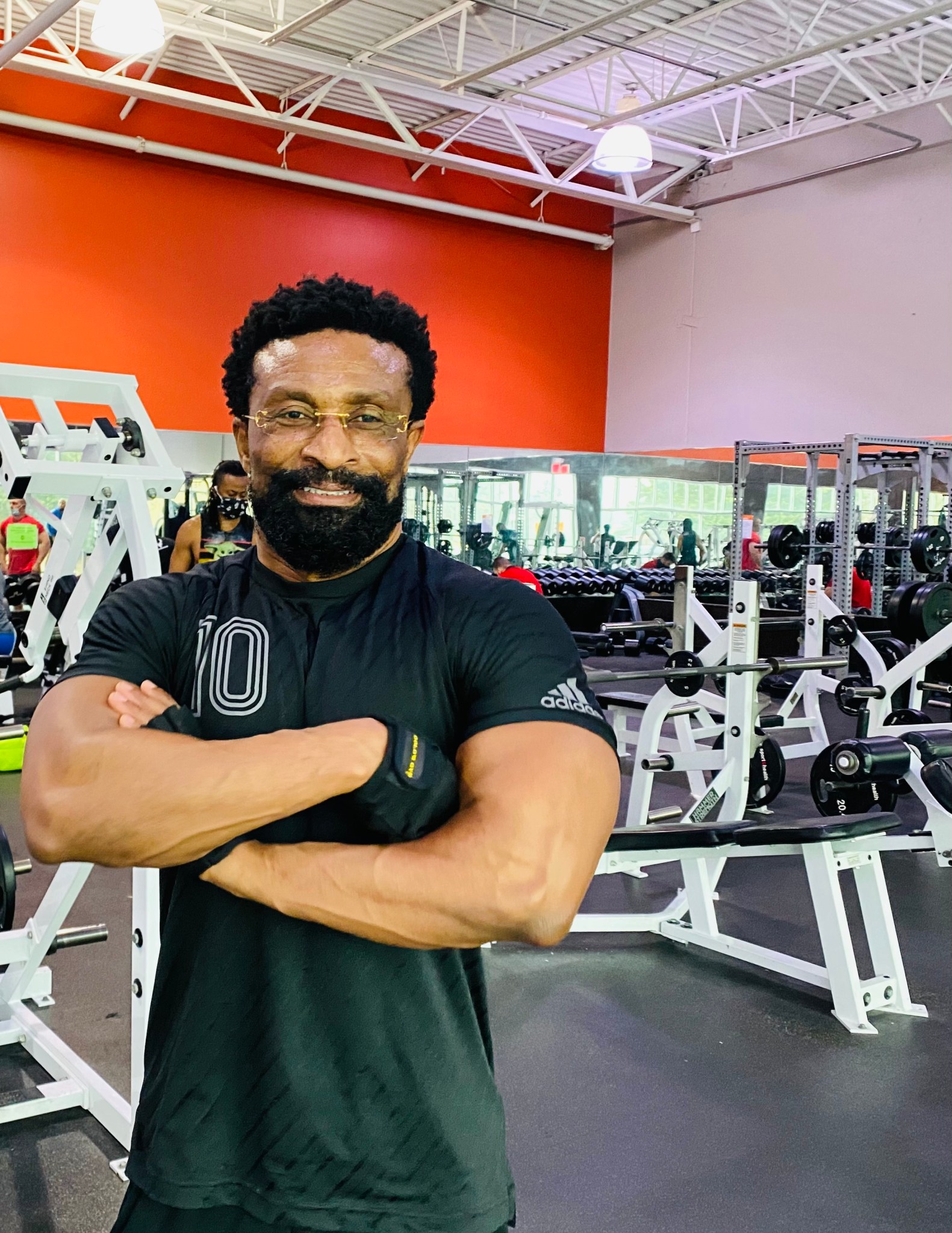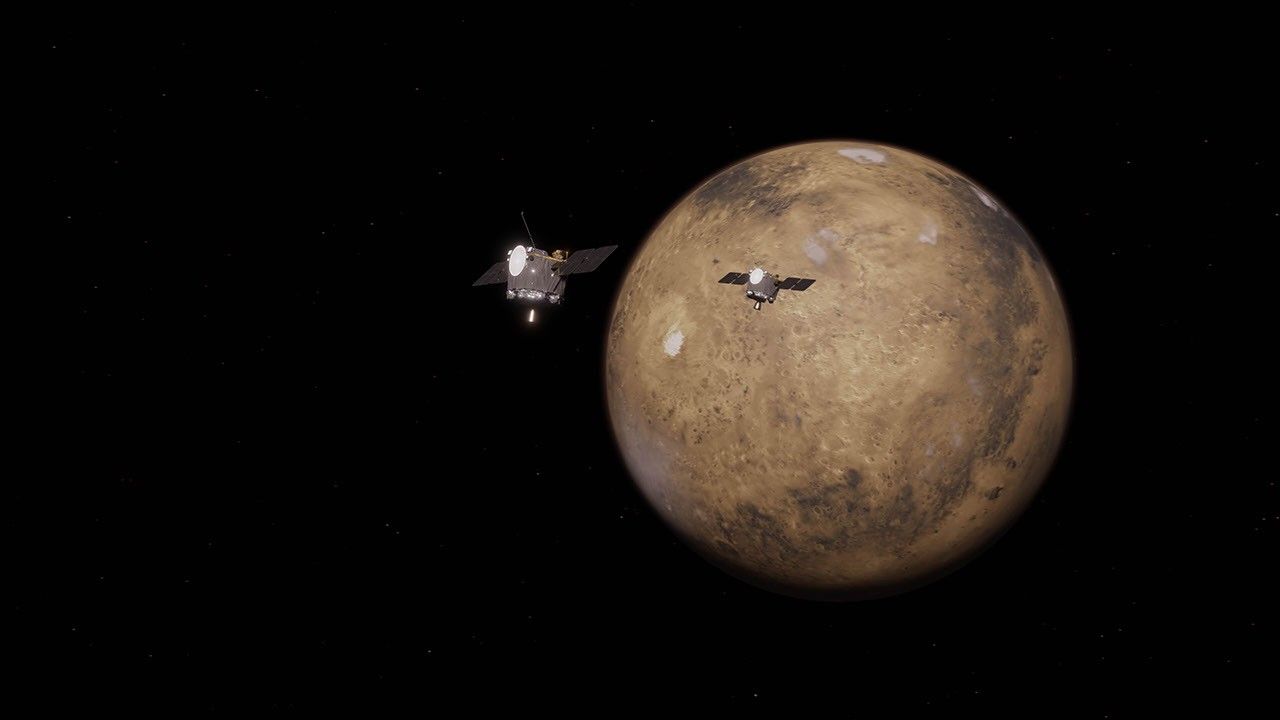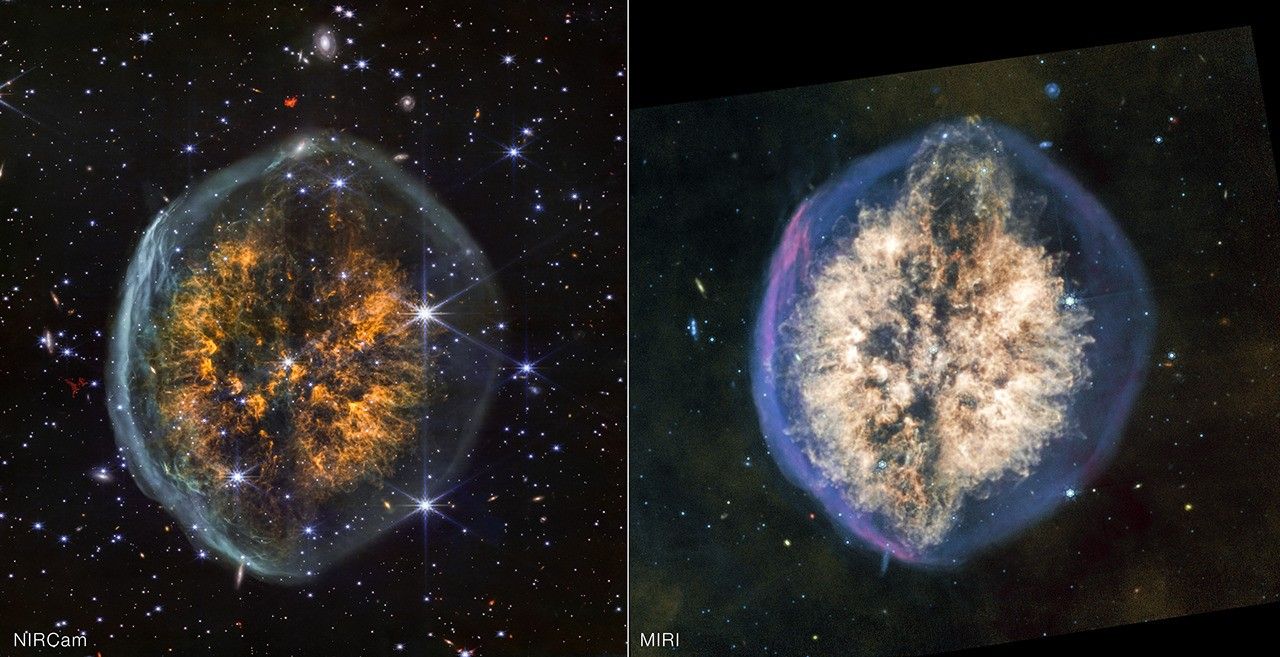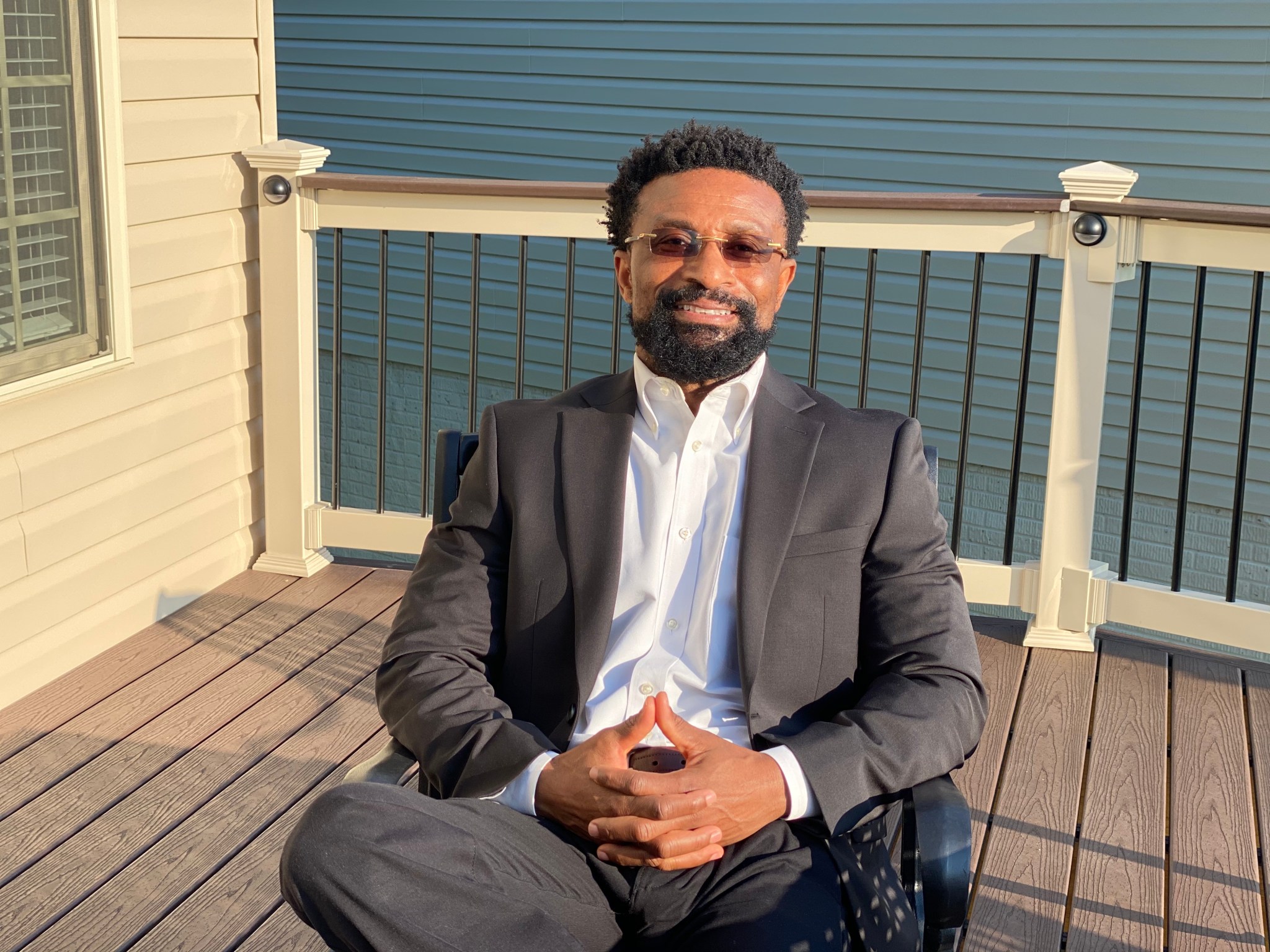
Name: Moses Adoko
Title: Chief Knowledge Officer
Formal Job Classification: Program Manager
Organization: Office of the Chief Knowledge Officer, in the Office of the Director (Code 100)
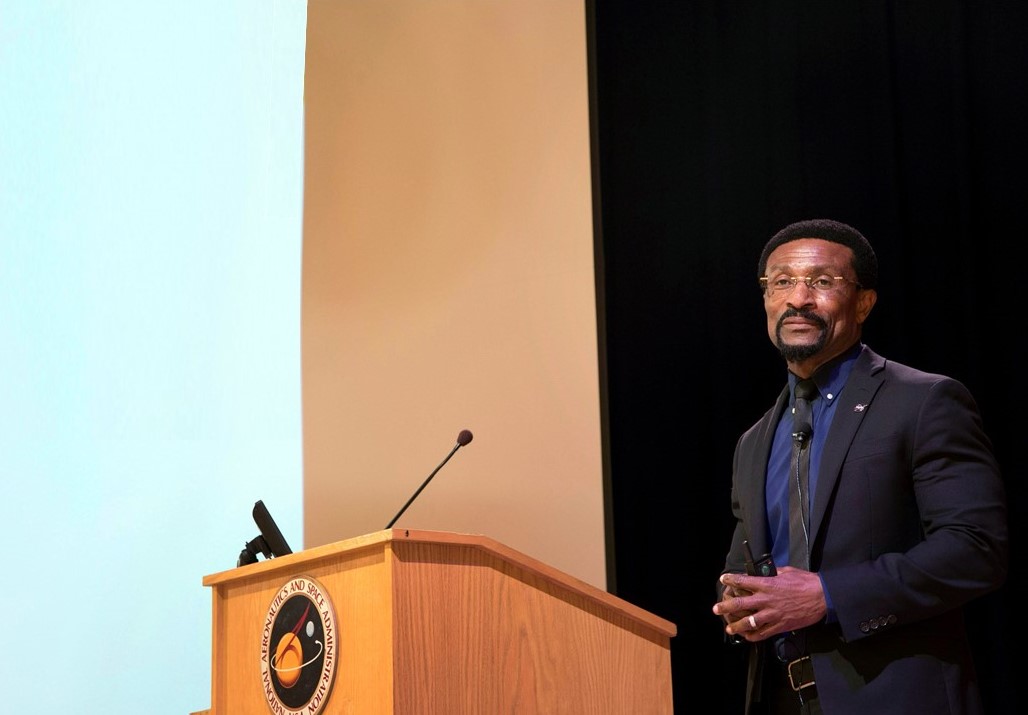
What do you do and what is most interesting about your role here at Goddard?
As the chief knowledge officer (CKO), I am responsible for ensuring that the center operates as a learning organization in support of mission success. I make sure that our technical and programmatic decisions are informed by current and relevant technical knowledge and lessons.
What path did you take to become the chief knowledge officer?
I grew up living and studying in multiple countries which made me interested in innovation, teamwork and decision making. I earned a master’s degree in engineering management and a Ph.D. in systems engineering. Early in my NASA career, I worked closely with some of the best systems engineers and project managers across the agency to help develop the NASA systems engineering procedural requirements (NPR 7123) policy. I then led the systems engineering curriculum development effort to align it with the new NPR 7123 and other technical guidelines.
In 2012, I became Goddard’s technical programs manager for the then Office of Human Capital Management. In 2015, I became Goddard’s deputy CKO. In 2020, I was detailed to become the agency’s deputy CKO. After a few months, I returned as Goddard’s CKO.
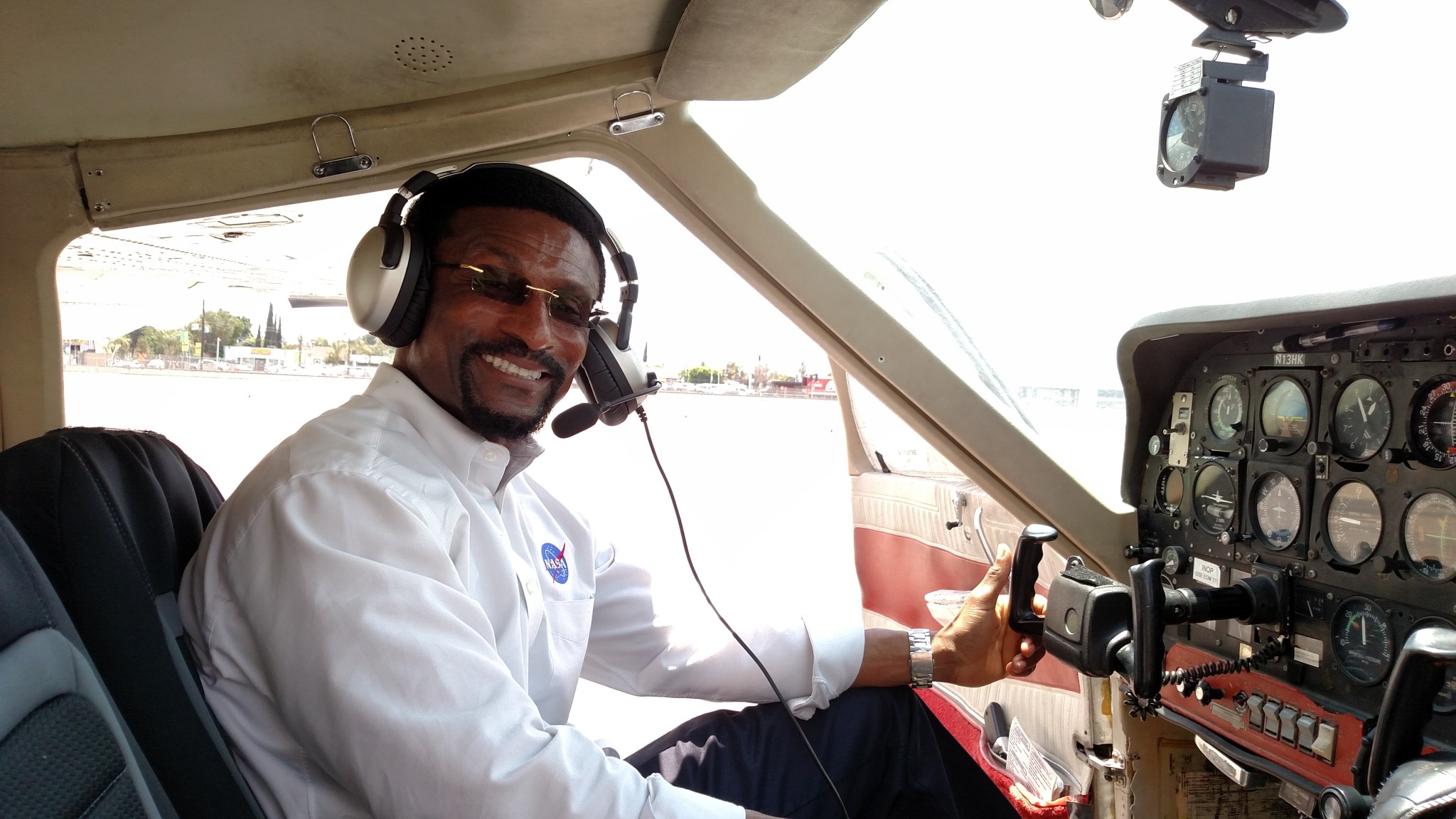
As CKO, what is important about knowledge management?
We have implemented various knowledge management programs designed to cultivate and sustain a learning culture that directly supports mission success at Goddard. I help ensure that our workforce and practitioners have access to critical knowledge to enhance their proficiencies and performance. I collaborate with our mission directorates and institutional offices to ensure that our technical policies and work guidelines are informed by lessons learned to increase the likelihood of mission success.
What is most interesting about your job?
The most interesting part of my job is working with mission scientists, project managers, systems engineers, and chief engineers on a journey of technical and programmatic lessons-learned discovery, and then executing strategies and programs to institutionalize those lessons to support mission success.
Who inspires you and why?
Nelson Mandela makes a point for our collective reflection: “Do not judge me by my successes, judge me by how many times I fell down and got back up again.” He is talking about the relationship between failure and success. Getting up again points to learning to get up and walking again after falling. It also points to succeeding on a mission after setbacks, mistakes or even mishaps. And for me, this means resilience fueled by the utility of lessons-learned.
What is your role with the Goddard Senior Fellows Program?
Since 2015, I have served as coordinator of the Goddard Senior Fellows Program, an advisory board of technical experts including scientists and engineers. The program recognizes Goddard’s most distinguished research workers from various scientific and technical disciplines for their accomplishments and contributions to the nation’s space program.
What is the coolest thing you have done at Goddard?
It is cool to behold the interactions while leading a Goddard group (a principal investigator, lead systems engineer, project manager, mission assurance officer, and others) on a journey of collective reflection and exploration of project experiences to identify critical lessons for institutional learning. My current role is essentially about enabling and sustaining mission success, which is humbling and also provides me with a source of encouragement and a push for excellence. Contributing to complex missions that often represent the best of humanity can only be described as cool.
What are your hobbies?
I enjoy weightlifting and sprint running. I also enjoy living in other countries and interacting with different cultures and people. Living in different cultural settings is an education that shapes how one interacts with others and also informs how we make decisions. I am in my elements whether at La Beach on Ghana’s Atlantic coast, or checking out Arendal, Norway’s fjords, hiking on Kapsabet, Kenya’s Nandi Highlands, or on Tanzania’s Serengeti plains.
What is your “six-word memoir”? A six-word memoir describes something in just six words.
A dreamer, determined, focused, and consistent.
By Elizabeth M. Jarrell
NASA’s Goddard Space Flight Center, Greenbelt, Md.
Conversations With Goddard is a collection of Q&A profiles highlighting the breadth and depth of NASA’s Goddard Space Flight Center’s talented and diverse workforce. The Conversations have been published twice a month on average since May 2011. Read past editions on Goddard’s “Our People” webpage.

